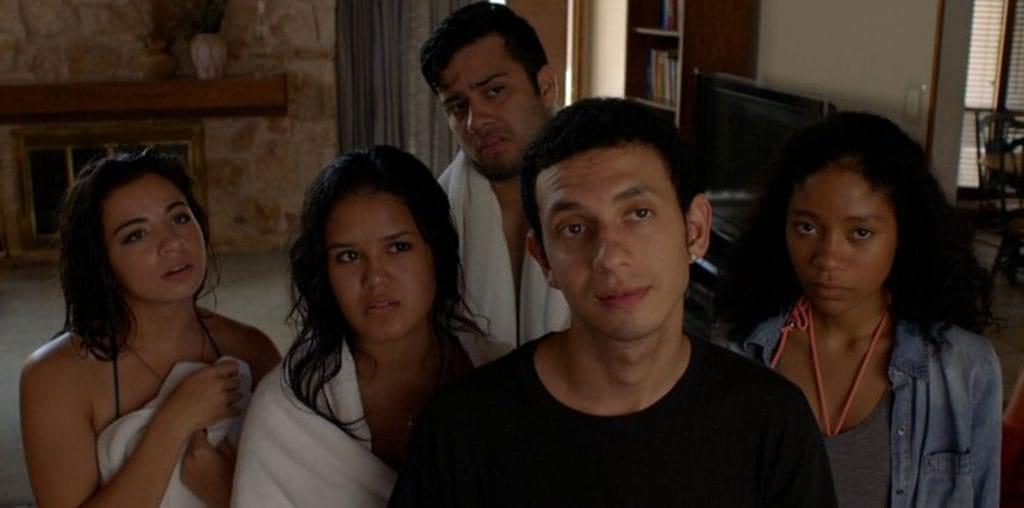
“Soul Food Stories” explores life in the minute Bulgarian town of Satovcha (population 2021). The film’s premise is that despite the lack of residents, there exists a diverse culture from many different religious and political backgrounds. Their common ground is the food, which brings them all together to debate their viewpoints in a safe forum. But those who taut this as a cultural utopia fail to recognize the problem with the gaping gender divide, which keeps the women in the kitchen and away from anything resembling influence. Director Tonislav Hristov doesn’t exactly promote female oppression, but the tone of his film is so happy-go-lucky that it almost feels like misogynist propaganda. This made it a little tough for me to enjoy.
The film opens with a chain-smoking man who waxes philosophic about how television has ruined Bulgarian women. It teaches them empowerment, which, he claims, has lead to the declining birth rate. This is just the first of many such rants about a woman’s place. “The woman can never be equal to the man,” says another male resident. “But we don’t beat them. We love them.” They must take care of the house. Everything else is a man’s job. Women are also not allowed at funerals because the attendees are not allowed to cry and women “couldn’t control themselves.” Instead, the men attend the funeral procession through town while the women stay in the kitchen, preparing numerous brown and bubbling dishes to nourish the stronger sex when they return. The film theorizes that, in Satovcha, food is the great unifier. I suppose, in that sense, the women have the most important role of all. But they can never break out of this mold.
To be fair, the women who live there seem fine with this arrangement. Their biggest complaint is that they only have one afternoon available to them at the Pensioner’s Club, the town’s main meeting place. The rest of the time, the men sit around, drinking and discussing politics and religion in what they consider to be a very progressive environment. The women vote on whether or not they should ask for another day, but ultimately, it’s not up to them. The men already believe that they are being extremely generous to let women into their club at all. The women will not press the issue. The men are in charge. This is, essentially, what they’ve signed up for. It’s not hard to leave Satovcha if they don’t like the way things are. Most of the younger generations do just that, which accounts for the lack of residents as well as tourists.
“The traditions stay the same,” notes a young woman who grew up there but now lives in America. When she visits, she falls back into the old ways, remaining in the kitchen with her female relatives. But she is always happy to return to the U.S. The families communicate with expats via Skype but rarely see each other in the flesh. They choose to leave their traditions and family behind because “something can always be improved.” The traditional women say this as if it is a bad thing to be so ambitious.
“Soul Food Stories” provides a glimpse into world very different from Western culture. And I’m sure the food depicted is delicious. It ought to be. The people who make it do little else, so they have plenty of time to perfect their recipes. One of the signature dishes is called Alaka. It’s known as the food that “brings the people together.” They are happy to welcome people from different backgrounds so long as they all have a penis or know their place. (Oh, and no homos, either.) The pensioners who stay in Satovcha all seem quite content with their lifestyle, so I am hesitant to judge the life they have chosen. But I’m certainly not planning to visit anytime soon.
